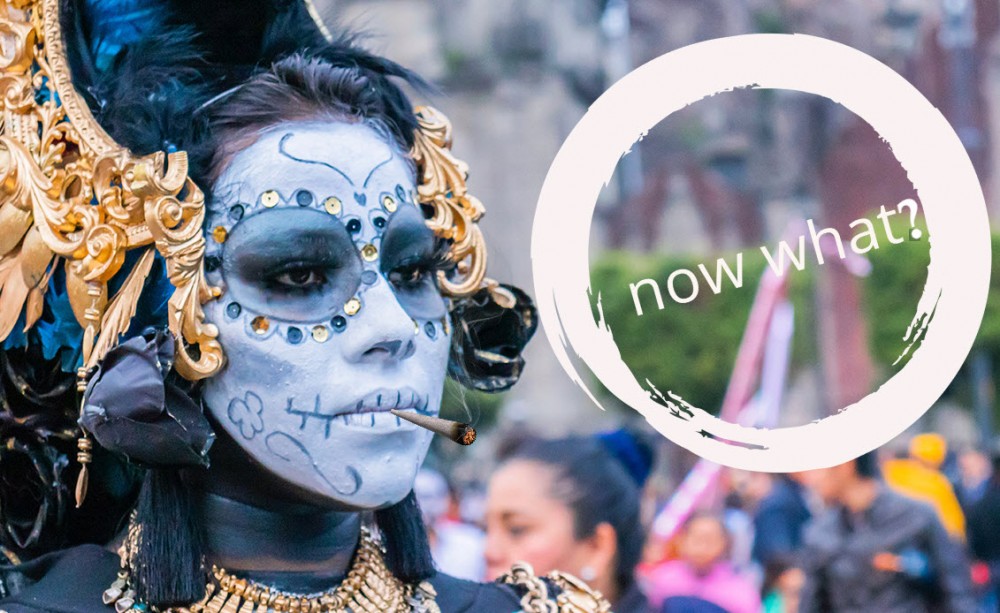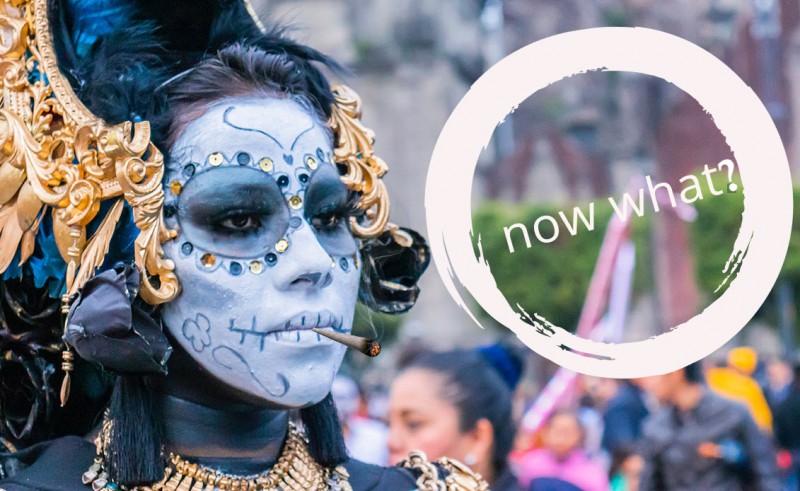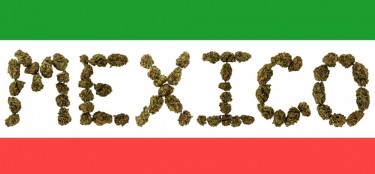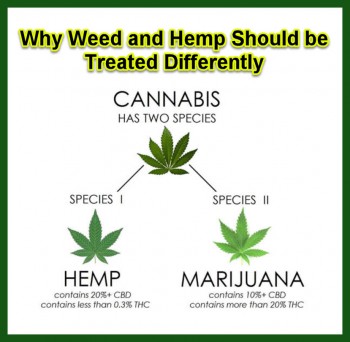Mexico Legalized Weed! Making the United States the “Least Progressive North American Country” When it Comes to Cannabis Policy.

It's official Mexico has legalized cannabis then it's entirely last Wednesday, the 10th of March 2021. This makes Mexico is the largest cannabis marketplace in the entire world considering that you only need to be 18 years or older to buy cannabis.
With Mexico legalizing, and Canada having had legal cannabis on the books for several years now- The United states has become the least progressive North American country in relation to cannabis policy. There are a few politicians within the Senate that are pushing federal legalization this year, and with Mexico's move to legalize cannabis this could provide even greater incentive.
We will get into more details below about the implications of the legality of cannabis within Mexico, and how this move will have a giant impact on the global cannabis movement.
How will cannabis work in Mexico?
There is a couple of different and interesting aspects to the Mexican cannabis law. For example, they do have a provision that gives priority to dispense licenses to low-income individuals and or rural farmers. However, some activists believe that this will not be of too much of a difference because in rural areas there isn’t enough police presence to protect rural farmers from cartels, and that the licensing schemes of needing to track the cannabis from seed to sale makes it difficult for low-income individuals to participate.
However, this is but one of the provisions. Another interesting aspect of the Mexican Marijuana System is that individuals will have the right to grow up to six plants in their homes. According to some sources, this will be possible by applying for a license from the government – however, other sources fail to mention this at all.
Additionally, it seems that it would be a logistical nightmare to require licensing for home cultivation and would create conflict with the new law – which guarantees cultivation and consumption as a constitutional right.
By requiring people to get a license, you’re essentially saying that it’s not a “right” but rather a “privilege” and thus some aspects of the law might still change.
Additionally, there seems to be some language within the bill, that wasn’t discussed earlier – that indicates that groups can come together and create “cannabis clubs” consisting of up to 20 people and with a max limit of 50 plants per grow op.
This seems to be included within the law to help those who suffer from medical issues and need to cultivate, but it isn’t specified for medical purposes – meaning that it could be “potentially” a cannabis club for both medical and recreational purposes.
We’re still not 100% on whether these clubs can sell, but it seems that cannabis produced would only be available for individuals within the club – meaning it’s non-profit.
As for businesses, there will be several different licensing schemes available, and a single company can own multiple licenses as part of their “vertical integration” practices. This essentially means that one company can control production from seed to sale if they have the capitol.
This especially makes it an interesting incentive for big organizations like pharmaceutical companies, mass producers, and other cannabis products.
What it means for the industrial boon!
Apart from the obvious medical and recreational benefits of legalizing cannabis, Mexico also promises to provide a cost-effective workforce to produce hemp and hemp related products. When it comes to outsourcing, Mexico is the more expensive cousin to China and India.
This is especially true when it comes to agricultural practices or maquiladoras - places where have and similar products can be processed and assembled. With 18-years being the age limit to consume cannabis in Mexico, there is a lot of economic incentive for international Commerce to invest within the marketplace.
This is somewhat upsetting for a few activists who believes that a high pay gate is keeping the average citizen out of the cannabis game, but this is true for virtually every legalized Market.
we can expect many Canadian and U.S. companies to shift there had production to Mexico over the next few years. This in turn will result in a decrease of cost of products in the US and Canada, since Mexico would be able to produce the bulk of the raw material at a fraction of the cost.
Currently, the North American cannabis trade is being stalled by US policy. However, if the United states manages to bypass federal prohibition this year, we may begin seeing the first transnational cannabis shipments occur in 2022.
How will cannabis be treated in Mexico?
Mexico has deemed that cannabis should be treated similarly too tobacco, in contrast to the Colorado system which compares cannabis to alcohol. In Mexico public consumption is legal, meaning you would be able to smoke on the beach for example.
You would have a limit of 28 grams without receiving any fines and up to 200 grams without being detained. Once more some activists are not happy with the fact that the police would have the ability to stop you and find out how much cannabis you have on your person especially since Mexican police love to take bribes.
Nonetheless, as one activist pointed out- “this is a marathon not a race, we just took the first step, but we still have a long road ahead before we have a truly robust system.”
In the meantime, people are rushing all over to see how they can get a chunk of the Mexican cannabis marketplace. While the dust settles, we only have one thing to say, “Good Job Mexico, Que viva la mota!”






